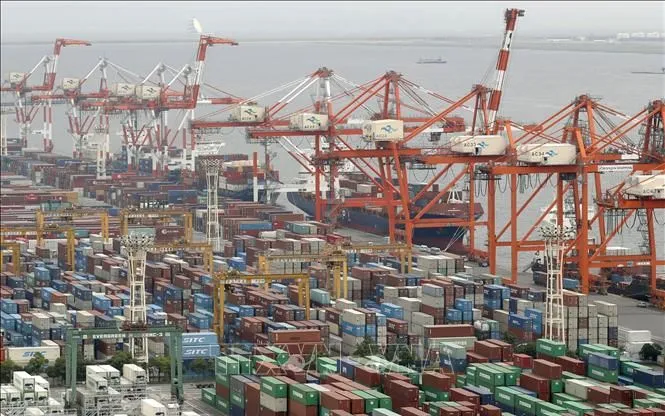
Illustration photo.
World Trade Organization (WTO) Director-General Ngozi Okonjo-Iweala said she is urging the United States and China to ease trade tensions, warning that decoupling of the world's two largest economies could reduce global economic output by 7% in the long term.
Ms Okonjo-Iweala said the WTO was extremely concerned about the recent escalation of US-China trade tensions and had been in contact with officials from both countries to encourage increased dialogue. She noted that the US and China had reached a truce in their trade war after the first round of tariff escalations earlier this year, which had avoided more serious consequences. She expressed hope that the two sides would come together and de-escalate tensions, as any tension between the US and China and a decoupling would have repercussions not only for the world’s two largest economies but also for the rest of the world. She said both sides understood the importance of good relations, given the implications for the global economy and other countries.
Last week, the WTO sharply cut its forecast for global merchandise trade growth in 2026 to 0.5% from its previous estimate of 1.8% in August 2025, citing the expected delayed impact of US President Donald Trump's tariffs. The WTO raised its forecast for global merchandise trade growth to 2.4% for 2025. Those forecasts were made before the relative calm of recent months was shattered last week when China imposed new export controls on rare earth metals vital to the technology sector, and Trump responded by saying he would impose an additional 100% tariff on Chinese imports starting in November 2025.
Meanwhile, President Trump said on October 17 that the additional 100% tariffs he proposed to impose on Chinese goods were “unsustainable,” but blamed China for the latest impasse in trade talks, which stemmed from China’s tightening of controls on exports of rare earths, a group of elements in which the country dominates the market and plays an important role in technology production. Mr. Trump also confirmed that he would meet Chinese President Xi Jinping in South Korea in the near future.
Previously, International Monetary Fund (IMF) Managing Director Kristalina Georgieva on October 16 called on member countries to continue efforts to maintain trade as a driver of global economic growth amid signs that the world's economic growth prospects in the medium and long term remain bleak.
Speaking at a press conference on the sidelines of the IMF and World Bank (WB) Annual Meetings in Washington (USA), Ms. Georgieva argued that countries with large trade surpluses like China need to shift to promoting domestic consumption, instead of exports. Meanwhile, countries with large budget deficits like the US need to make efforts to cut the deficit.
The IMF warned on October 14 that the global economy is showing signs of stress due to US tariffs and widespread protectionism, although the outlook is brighter than initially expected.
According to the newly released World Economic Outlook (WEO), the IMF forecasts the global economy to grow by 3.2% in 2025, higher than the 3% forecast in July. By 2026, world economic growth is forecast to slow to 3.1%.
The IMF said the increase in this year’s growth forecast was largely due to temporary factors, such as a surge in activity as businesses and households boosted purchases ahead of higher tariffs, along with a weaker dollar, which supported global trade. However, the report said that in the medium and long term, the outlook remains “bleak”.
Source: https://vtv.vn/cang-thang-thuong-mai-my-trung-co-the-lam-giam-7-san-luong-kinh-te-toan-cau-100251018060805688.htm


![[Photo] Flooding on the right side of the gate, entrance to Hue Citadel](https://vphoto.vietnam.vn/thumb/1200x675/vietnam/resource/IMAGE/2025/10/28/1761660788143_ndo_br_gen-h-z7165069467254-74c71c36d0cb396744b678cec80552f0-2-jpg.webp)
![[Photo] National Assembly Chairman Tran Thanh Man received a delegation of the Social Democratic Party of Germany](https://vphoto.vietnam.vn/thumb/1200x675/vietnam/resource/IMAGE/2025/10/28/1761652150406_ndo_br_cover-3345-jpg.webp)

![[Photo] Draft documents of the 14th Party Congress reach people at the Commune Cultural Post Offices](https://vphoto.vietnam.vn/thumb/1200x675/vietnam/resource/IMAGE/2025/10/28/1761642182616_du-thao-tai-tinh-hung-yen-4070-5235-jpg.webp)


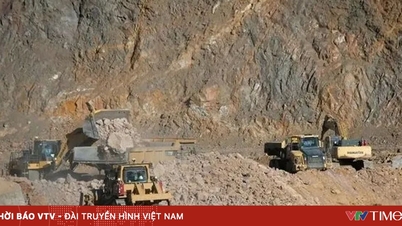
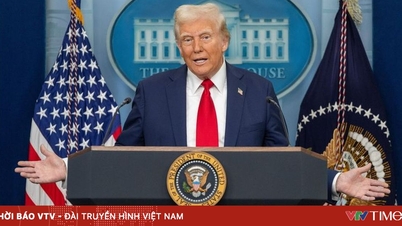
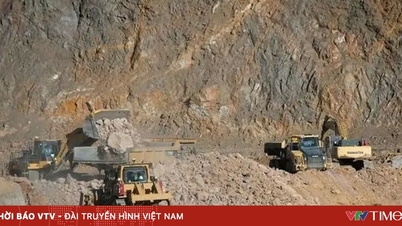
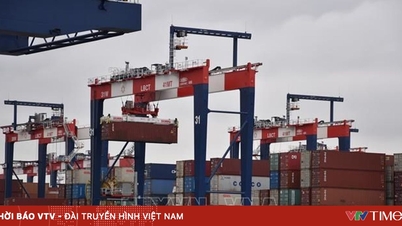

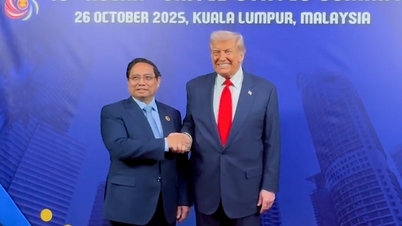

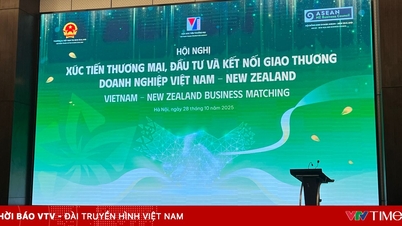
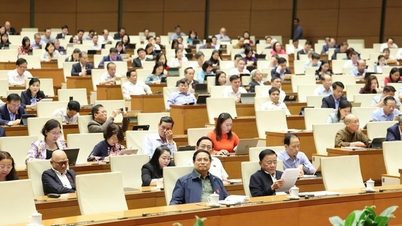

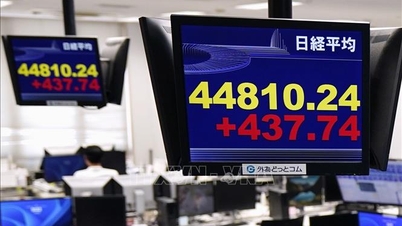

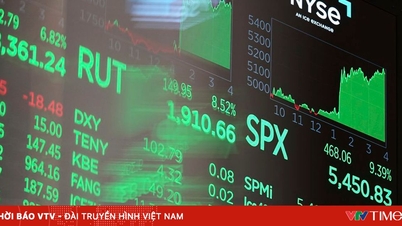
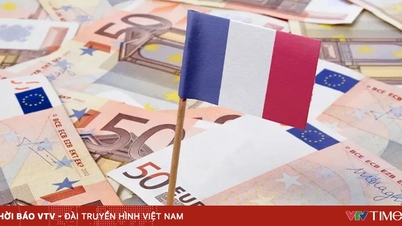
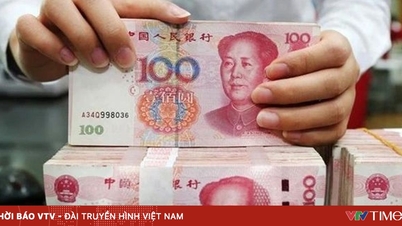




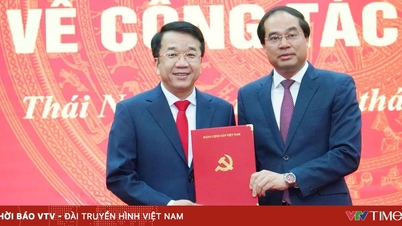
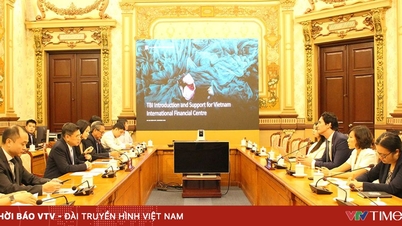
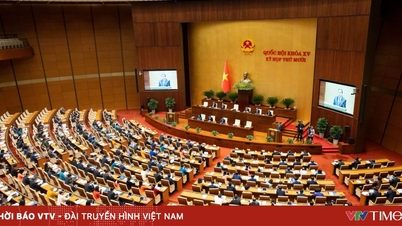
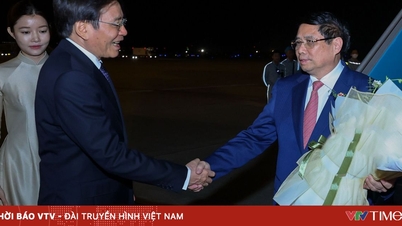
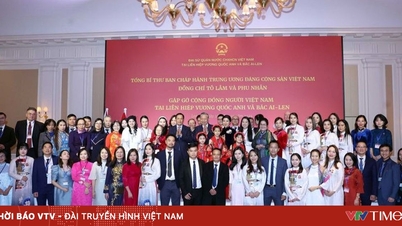

![[Photo] President Luong Cuong attends the 80th Anniversary of the Traditional Day of the Armed Forces of Military Region 3](https://vphoto.vietnam.vn/thumb/1200x675/vietnam/resource/IMAGE/2025/10/28/1761635584312_ndo_br_1-jpg.webp)















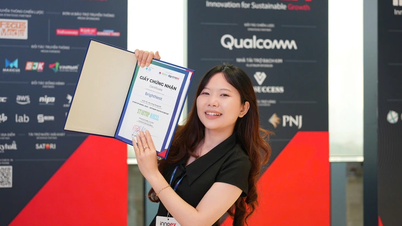




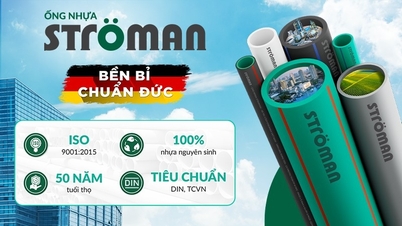

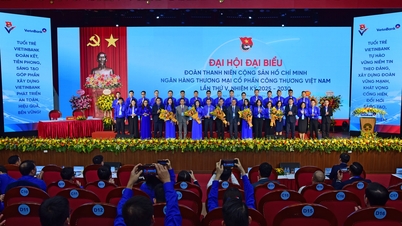
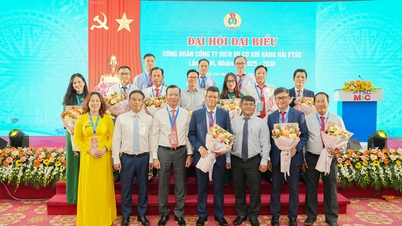









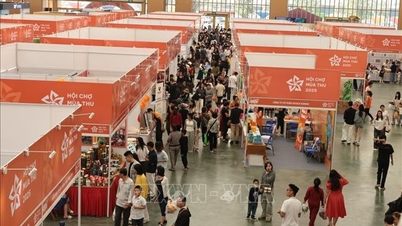
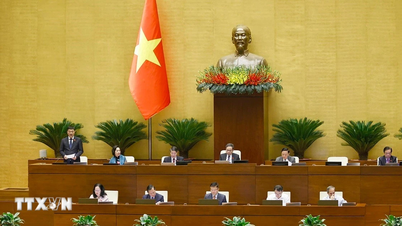

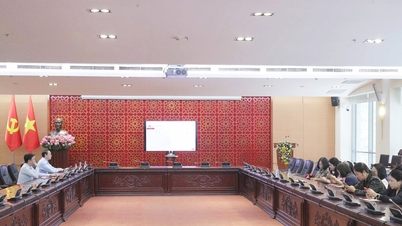




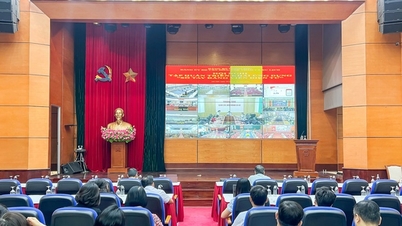




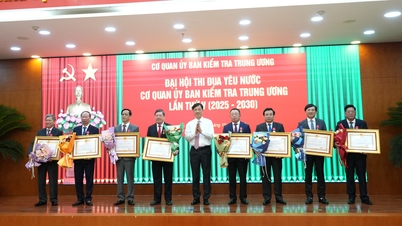


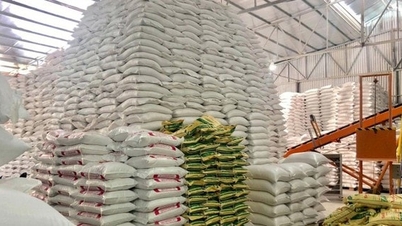





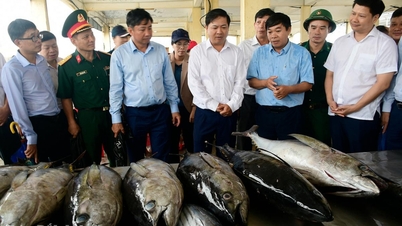

















Comment (0)